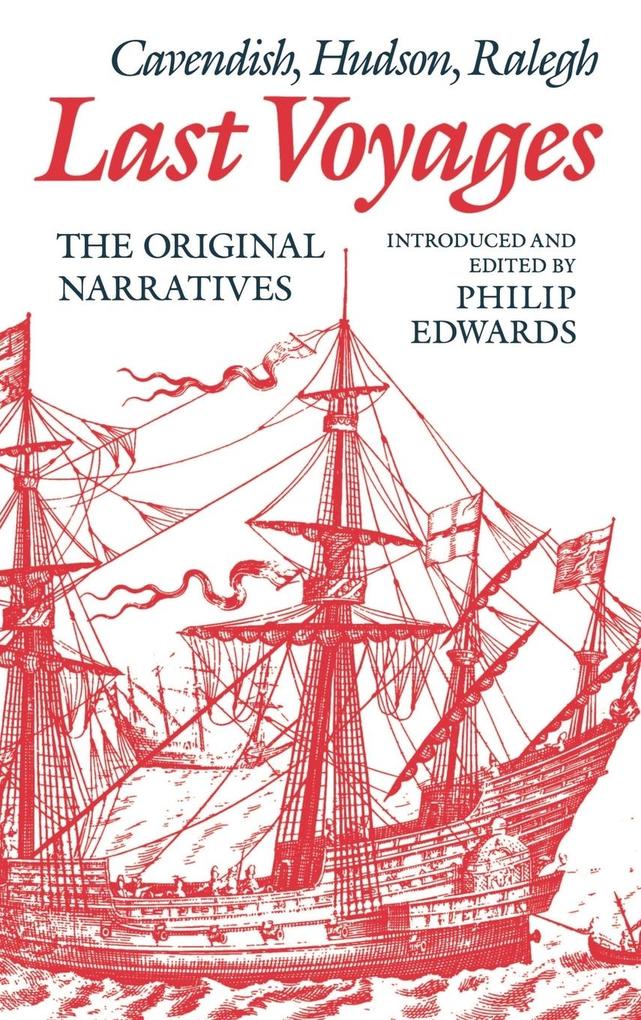The narratives of the voyages of the Elizabethan and early Jacobean era have served their turn over the centuries as stirring accounts of the daring of the empire-builders. In this collection of the contemporary accounts of three famous 'last voyages', these writings can be seen as a powerful and special kind of literature, having kinship with the great fictional tragedies of the period.
Thomas Cavendish attempted in 1591 to repeat his earlier triumphant circumnavigation of the globe, but could not get through the Magellan Straits and died at sea, probably by his own hand, on the voyage home. Henry Hudson, making yet another attempt to find the North-West Passage in 1610-11, was set adrift in the ice by his own crew. Sir Walter Ralegh, released from the Tower, failed to find the Guiana gold in 1617-18 and came home to the executioner's axe. The men who wrote the accounts of these disastrous ventures were the participants themselves: the leaders, the mutineers, young gentlemen, even a poet and a mathematician. Apart from the poet, none were writing for a living, though some of them were writing for their lives, passionately justifying or exonerating themselves, challenging and contradicting each other. Brought together, their accounts form moving documents of endeavour and defeat in difficult seas and hostile terrain.
All the narratives, given in modern spelling, have been newly re-edited from the original manuscripts or printings, with ample introductions which correct the existing historical record on a number of points, and with full explanatory commentary.
Inhaltsverzeichnis
General introduction. Part 1 The last voyage of Thomas Cavendish, 1591-1593: introduction - Cavendish and his voyages, Cavendish's narrative, Antony Knivet, John Davis, John Jane, Thomas Lodge; narratives - the circumnavigation 1588, Samuel Purchas 1625, Cavendish's narrative, Antony Knivet, John Davis, John Jane, Thomas Lodge. Part 2 The last voyage of Henry Hudson, 1610-1611: introduction; narratives - Henry Hudson, Abacuck Pricket, Thomas Woodhouse. Part 3 The last voyage of Sir Walter Ralegh, 1617-1618: introduction - the voyage, the documents; narratives - Ralegh's journal, the letter to Sir Ralph Winwood, the letter to Lady Ralegh, the "apology", the letter to Lord Carew, the letter to King James I. References. Index.










